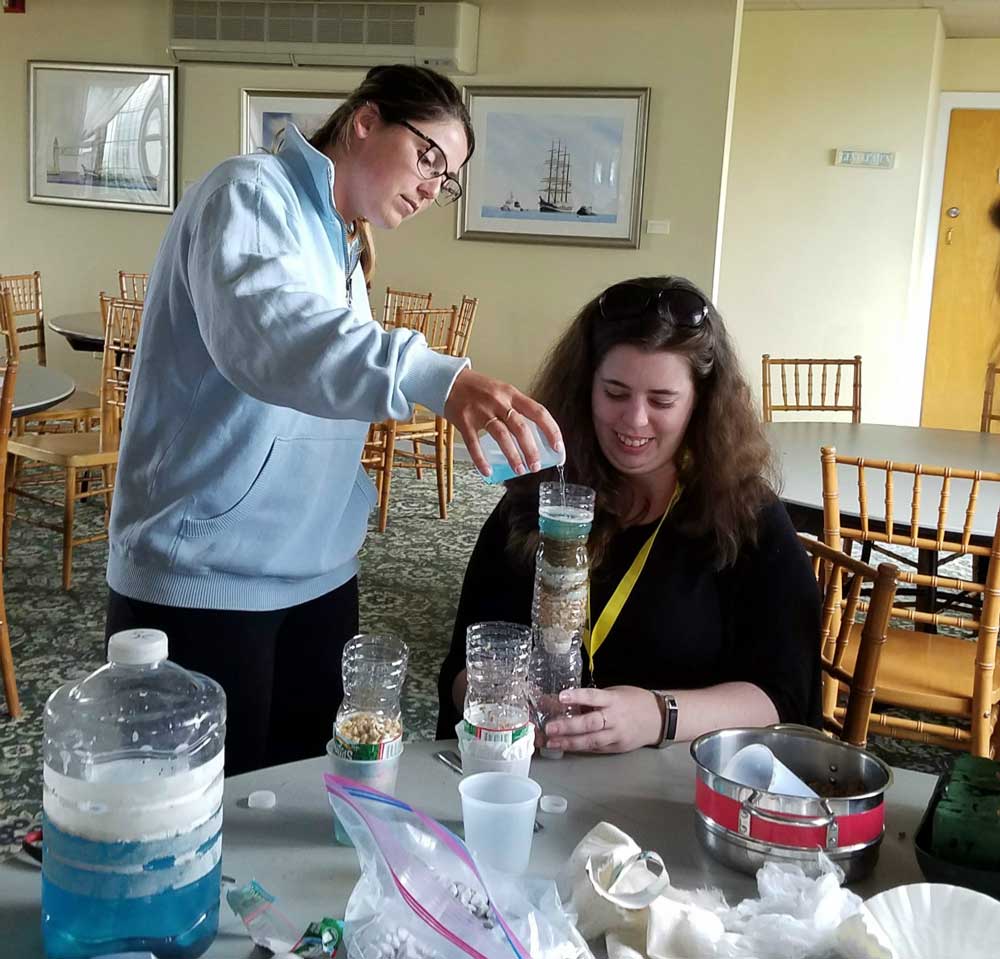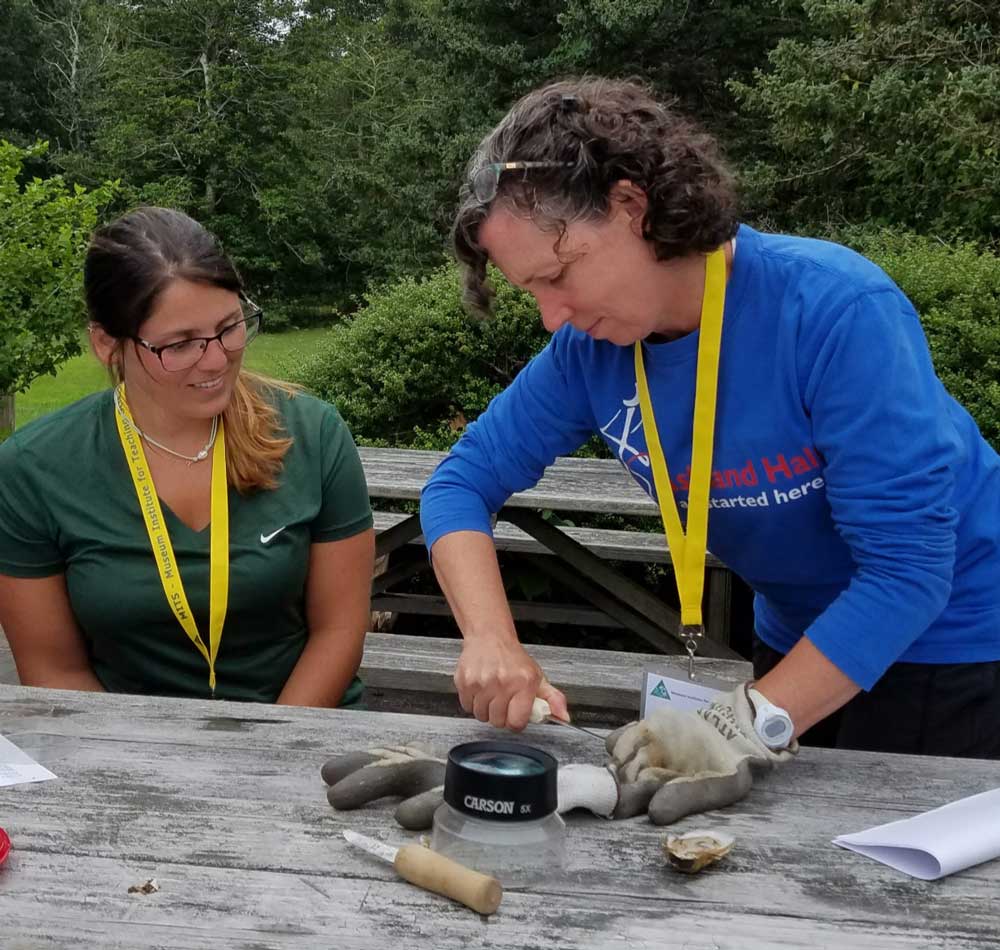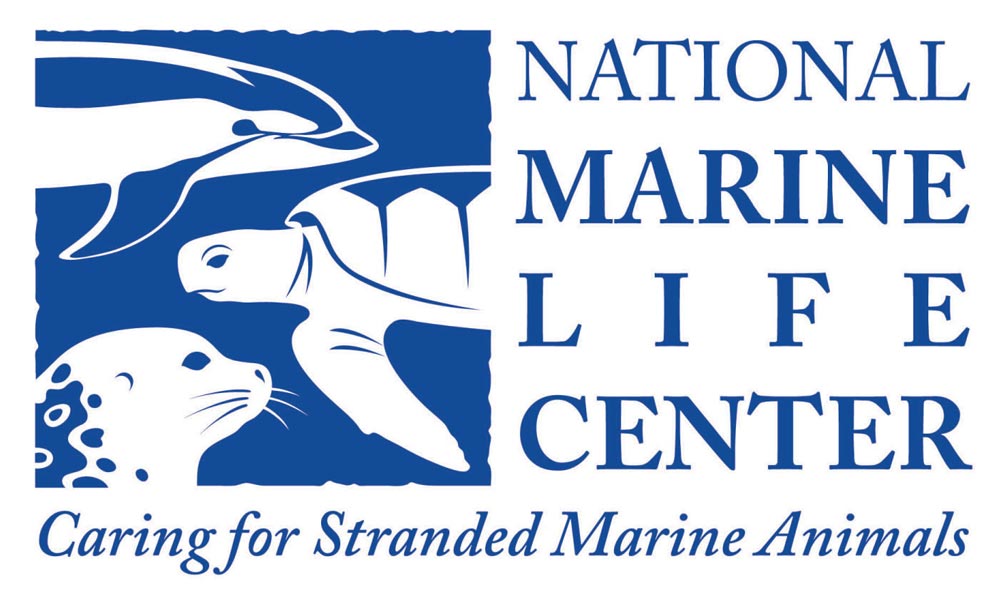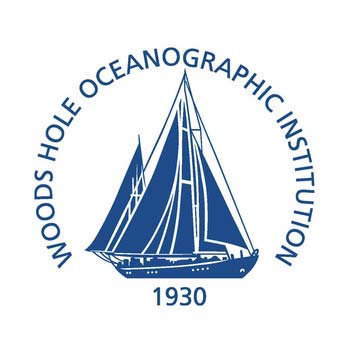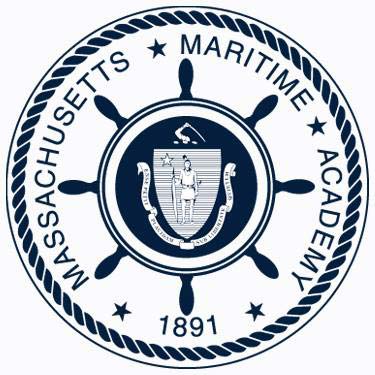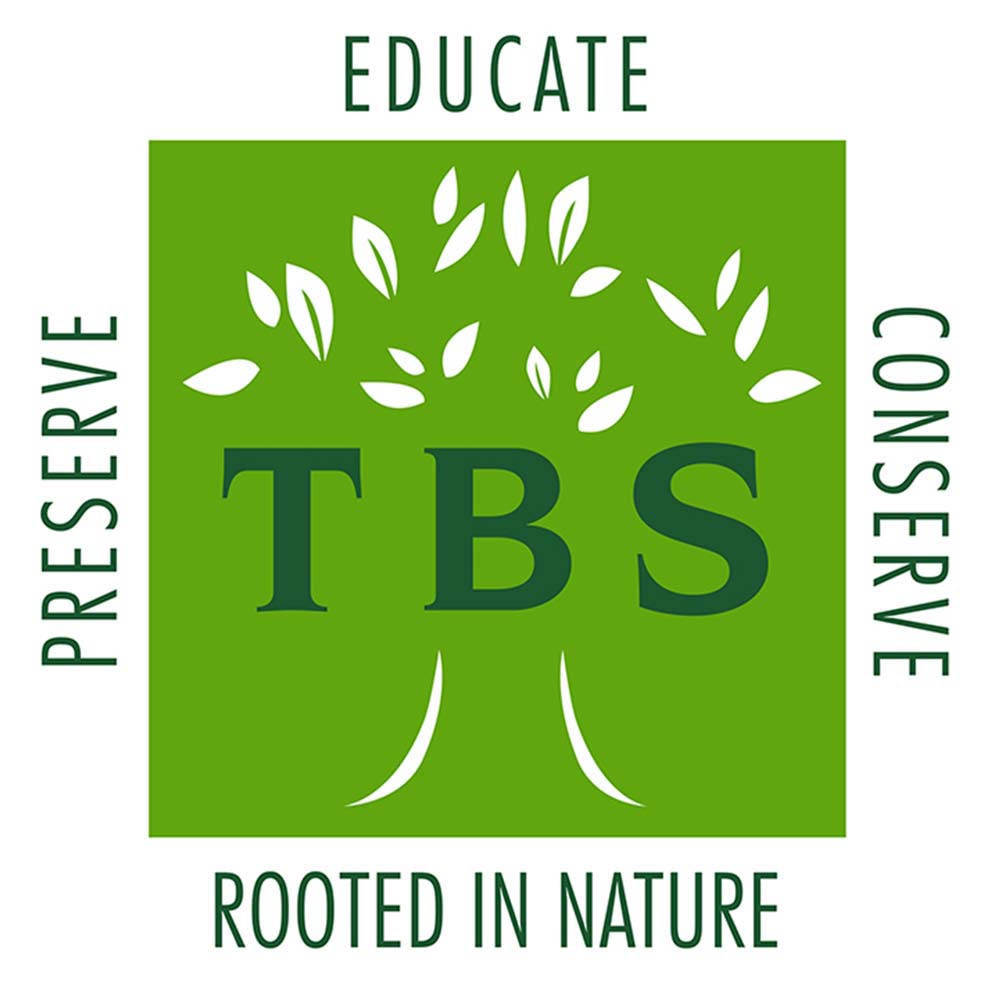Cape Cod Region
One-Week Institute for Grades 3-8 Educators
Making Waves: Exploring Water and Marine Science to Engage Your Students in Inquiry
Water, water, everywhere! The Bay State has a close relationship with water. Perhaps nowhere is this relationship more relevant than on Cape Cod, with its 560 miles of shoreline. Participants joined us this summer to find out how Cape Cod can become a living laboratory for inquiry and exploration about water. They learned about water properties, coastal ecosystems, and marine science. They discussed environmental and economic policy issues related to water, such as wastewater and tidal power, and practiced incorporating water-related current events into their science classrooms. Also on the agenda was a tour of a marine animal hospital and an examination of the relationship between marine life and their watery homes.
On the first day at the Massachusetts Maritime Academy, teachers explored the water cycle and properties of water and water chemistry, while engaging in standards-based activities to bring back to their classrooms. At the Thornton W. Burgess Society Green Briar Nature Center, they got involved in something fishy: learning about local saltwater and freshwater fish, visiting a local
fish hatchery, and bringing back fisheries-related activities for their students. A day was spent in Woods Hole, visiting Kingman Yacht Center, and learning about the unique ways they are managing wastewater. Teachers also visited science laboratories in Woods Hole and witnessed some of the science and engineering practices and the instrumentation involved in studying ocean processes. At Mass Audubon Long Pasture Wildlife Sanctuary, they discovered the ways water is filtered in nature. Participants observed and explored vernal pool ecosystems in the region and discovered the possibility of creating a vernal pool living lab at their own school sites.
Throughout the week, we gained experience using the Science and Engineering Practices to create exciting inquiry-based, “hands-on, minds-on”, interdisciplinary STEM investigations for the classroom. Participants engaged with water science to see what makes it important and relevant, especially for coastal regions.
Partners: National Marine Life Center, Thornton W. Burgess Society Green Briar Nature Center, Mass Audubon Long Pasture Wildlife Sanctuary, Woods Hole Oceanographic Institute, Massachusetts Maritime Academy

